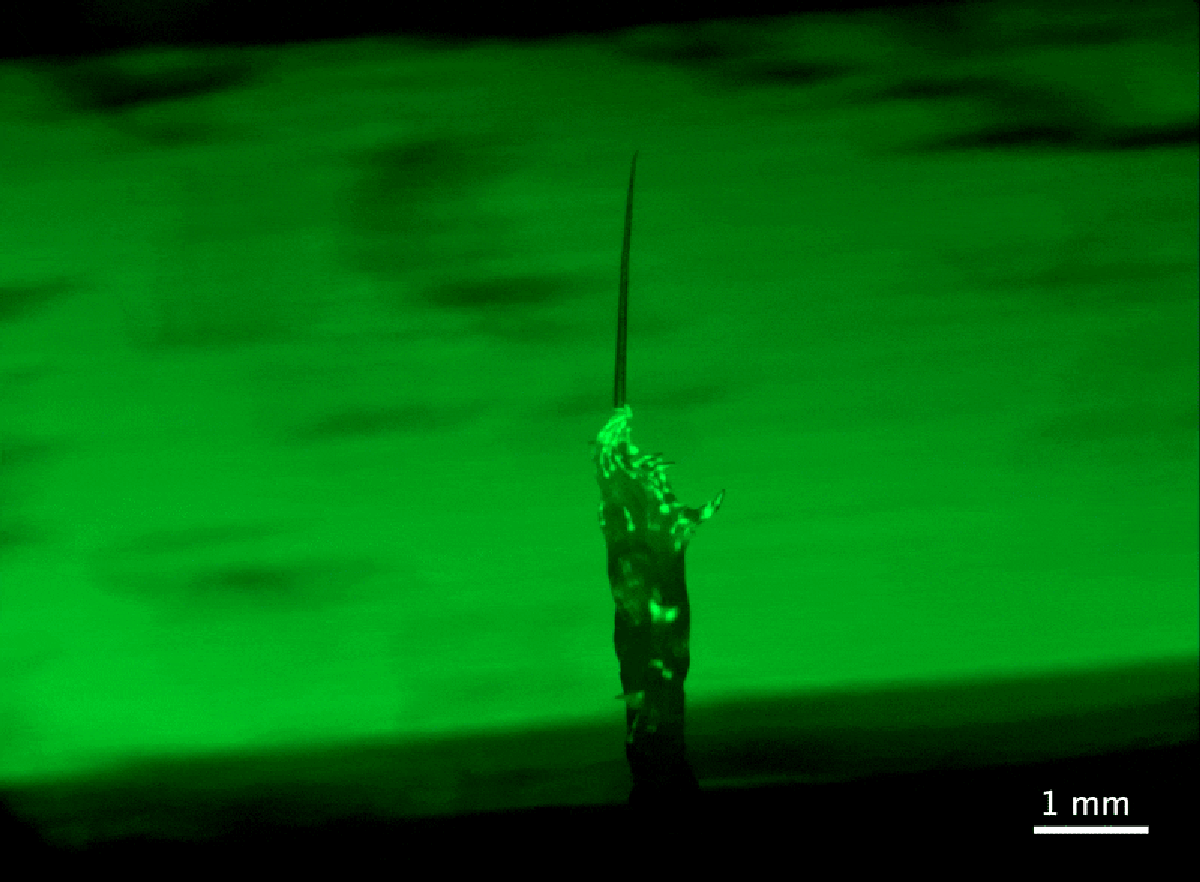
"This unprecedented behavior showcases how Caenorhabditis roundworms can unite into an organized structure, exhibiting the fascinating capabilities of smaller organisms in responding to environmental stimuli."
"The finding that these worms can create living towers in nature emphasizes the need for more research into their behavior, previously overshadowed by lack of interest and funding."
Scientists from the Max Planck Institute captured video evidence of wild roundworms, Caenorhabditis elegans, forming living towers in response to food scarcity. The study, led by Daniela Perez, reveals these tiny worms exhibit coordinated behavior, acting as one superorganism. The researchers observed this phenomenon on rotting fruit, where worms built structures that responded dynamically to their environment. In controlled experiments, they replicated this by providing a bristle, prompting rapid climbing and organized behaviors. The findings were published in Current Biology, highlighting the importance of further exploration into such cooperative behaviors in small organisms.
Read at www.scientificamerican.com
Unable to calculate read time
Collection
[
|
...
]